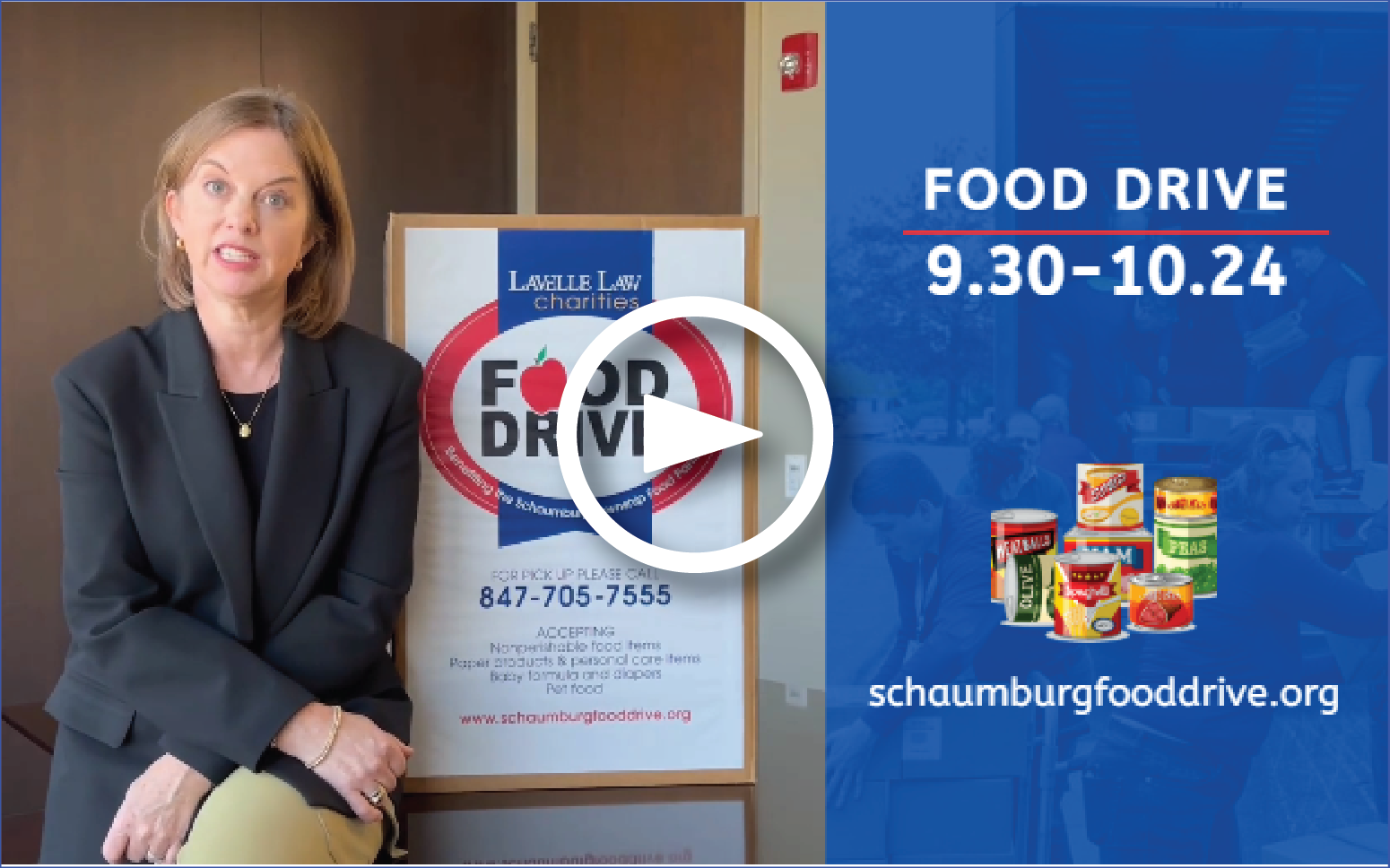College Education Expenses in Illinois: Who Pays and When?

Illinois law provides a mechanism for contribution to and payment of a child’s college educational expenses, vocational school or professional educational expenses, or other training after graduation from high school, in cases involving divorce or parentage. The Illinois Marriage and Dissolution of Marriage Act (“IMDMA”), sets forth the circumstances where a parent may seek contribution and payment from another parent for their child’s post-high school education expenses. (750 ILCS 5/513)
Under the IMDMA, the Court may award sums of money out of the property or income of either or both parents for payment of a child’s college education, vocational, or other professional training expenses. Unless the parents agree otherwise, either parent may petition a Court for a determination of how a child’s college educational expenses will be paid. A Petition for Contribution to College or Other Related Educational Expenses must be brought no later than the child’s 23rd birthday, except in cases where good cause is shown, no later than the child’s 25th birthday.
It is important to be aware that a parent can only seek contribution to these educational expenses by the filing of a proper petition with the Court, and contribution to these expenses cannot be obtained for college educational expenses paid or incurred PRIOR to the filing date of the Petition. It is strongly advised that any parent seeking contribution to a child’s educational expenses file an appropriate Petition with the Court when it is determined that the child will graduate soon and has made an application and has been accepted for enrollment in a college, university, or trade school after graduation from high school. The Petition should ideally be filed while the child is in their final semester of high school, in order that the issue of contribution or payment of the educational expenses can be determined in a timely manner prior to the start of college or vocational training. A Petition that is filed shortly before school begins may not be resolved quickly and can delay payment from the parent and/or child if the parents cannot reach an agreement.
Illinois law defines the following as “educational expenses” under the statute:
- Except for good cause shown, the actual cost of the child’s post-secondary expenses, including tuition and fees, provided that the cost for tuition and fees does not exceed the amount of in-state tuition and fees does not exceed the amount of in-state tuition and fees paid by a student at the University of Illinois at Urbana-Champaign for the same academic year;
- Except for good cause shown, the actual costs of the child’s housing expenses, whether on campus or off-campus, provided that the housing expenses do not exceed the cost for the same academic year of a double occupancy student room, with a standard meal plan, in a residence hall operated by the University of Illinois at Urbana-Champaign;
- The actual cost of the child’s medical expenses, including medical insurance, and dental expenses;
- The reasonable living expenses of the child during the academic year and periods of recess;
- The cost of books and other supplies necessary to attend college.
In determining any award of payment or contribution to college educational expenses from either or both parties, the Court shall consider all relevant factors that appear reasonable and necessary including but not limited to the following:
- The present and future financial resources of both parties to meet their needs, including, but not limited to, savings for retirement;
- The standard of living the child would have enjoyed had the marriage not been dissolved;
- The financial resources of the child; (i.e. scholarships, grants, loans, or income available to the child);
- The child’s academic performance.
A child’s right to receive a contribution to their college education expenses can be TERMINATED if the child: fails to maintain a cumulative “C” grade point average (except in cases of illness or other good cause shown); attains age 23 years; receives a baccalaureate degree.
Illinois law does not allow a child to file a petition for contribution to college expenses on their own behalf. Only the parents of a child can file a petition for contribution to these expenses. This allows for the possibility that divorced parents of a child can mutually agree that they do not wish to contribute to the college educational expenses of their child, and the child will have no recourse.
The determination of who pays and or contributes to a child’s post-secondary education expenses (college, vocational, training) is a complicated legal issue. It requires parties to a divorce to address these issues in a timely manner and further requires a Court to carefully examine the financial circumstances of each parent and the child.
The Court will normally require both parents and the child to make a contribution to payment of the child’s educational expenses as provided above. The amount of each party’s contribution may, in some cases, be less than the total cost of attendance at a college or university or trade or professional school. This will require the parents and/or child to obtain loans or financing to cover the remaining costs of attendance. These issues require proper planning and a thorough review and assessment of the parents’ and child’s financial assets, income, and debts.
If you are a parent to a child that is seeking contribution to your child’s college education expenses from another parent, or have any other questions regarding any family law related issues, please reach out to the attorneys at Lavelle Law at 847-705-7555 or email attorney Joseph Olszowka at jolszowka@lavellelaw.com to schedule your free consultation to discuss your legal options.
More News & Resources
Lavelle Law News and Events











